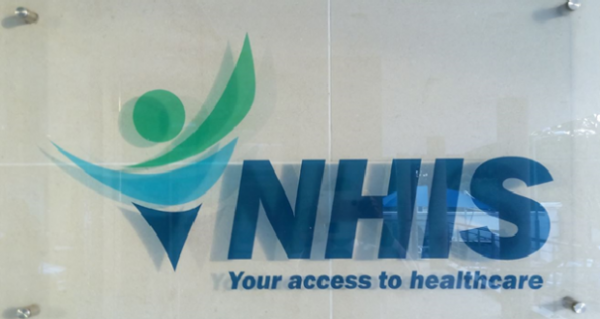Funding NHIS with tobacco, alcohol taxes won’t prevent diseases – UK Lecturer
- Posted on
- Comment
 A public health promotion expert and lecturer at the University of West London in the UK, Dr. Da Costa Aboagye, has lauded the proposal by the National Health Insurance Authority (NHIA) boss for the scheme to be funded with ‘sin taxes’, but has also raised questions about the application of the funds to medical services.
A public health promotion expert and lecturer at the University of West London in the UK, Dr. Da Costa Aboagye, has lauded the proposal by the National Health Insurance Authority (NHIA) boss for the scheme to be funded with ‘sin taxes’, but has also raised questions about the application of the funds to medical services.
The sin tax, which is a levy deliberately slapped on users of tobacco, alcohol and sugar, is a module in some countries like Thailand, Australia, Switzerland, Korea among others, to support the prevention of resultant diseases from the consumption of these products.
According to Dr. Da Costa Aboagye, who has done extensive work in health insurance, public health promotion, what government needs to do, is to develop a sustainable preventative strategy to help people take control over their lives.
“This means people consuming alcohol; high sugar and tobacco are discouraged from doing so by increasing taxes on such products. When these taxes are increased, it is assumed that alcohol, excessive sugar, tobacco consumers may not be able to buy in excess of what they would normally consume. The idea is to help people live a healthier lifestyle.”
“Such taxes are thus used to “prevent” the likely resultant diseases of such products like diabetes, non-communicable diseases (NCDs) and others. The ‘sin taxes’ are geared towards the prevention of diseases, not treatment of diseases. The NHIS is unfortunately medical and treatment focused, and unless their activities incorporate health promotion and prevention strategies, it cannot advocate for the use of sin taxes,” he noted.
According to him, in all countries where tobacco, sugar and alcohol are specially taxed to support health delivery, it is used to support health promotion and prevention of diseases which will in effect, reduce the disease burdens and saves cost.
“Normally in Thailand, Australia and other countries making good use of this module, there is a health promotion fund where these monies are channelled into,” he explained.
The World Health Organisation (WHO), encourages such taxes; “but the core must be directed towards prevention of diseases and health promotion (health and wellbeing) strategies. The main idea is to promote healthier lifestyles and preventative measures of diseases,” Dr. Da Costa Aboagye stressed.
As a National Health Insurance Finance expert in the UK, he advised that the government should be mindful of the clear distinction between “health and wellbeing, and ‘healthcare.”
“There are other prudent sustainable ways to finance the NHIS than the current proposal by the NHIA and because the NHIS in Ghana is only medical and treatment focused without any health promotion or wellbeing commitments, advocating for “sin taxes” will be unjustifiable,” he argued.
According to him, it will be a mistake to increase taxes on such products to fund treatments of the resultant diseases than funding prevention of illnesses. He said the implication is that, such businesses would have to either increase the costs of their products, which will then be passed onto consumers, who will then have to consume such products, eventually get sick, before such taxes can be used to treat them.
Dr. Aboagye said, unless the NHIA champions health promotion with funds from the ‘sin tax’, it will be wrong and unjustifiable to advocate for tobacco, sugar and alcohol special taxes.
He suggested that, the new global direction for health care is health promotion (health and wellbeing) and preventative measures, and thus advised the NHIA to take bold steps to fund health promotion and wellbeing activities, with some of its limited resources.
“This will in effect, reduce the NHIS cost burdens in a long term. We must not create a disease –oriented NHIS healthcare system, but a health and wellbeing oriented healthcare where prevention of diseases is key to sustainability of medically financed healthcare like our NHIS.”
Dr. Da Costa Aboagye said since President Akufo-Addo is a co-chair of the Eminent Persons for the United Nations Sustainable Development Goals, it presents the NHIA and the government a huge opportunity to focus on Health and Wellbeing and disease preventative strategies to achieving the Goal 3.
This he said can also serve as a justification for slapping taxes on alcohol, tobacco and sugar, in the national interest.
Dr. Aboagye narrated that the NHIA should rather engage with the Ghana Health Service’s Director General, Dr Anthony Nsiah Asare, and Health Promotion Department to foster synergy on how to make “Sin taxes” justifiable and workable by developing a compressive health promotion strategy and structures to cater for the health and wellbeing of all Ghanaians.
–citifm










 (Selorm) |
(Selorm) |  (Nana Kwesi)
(Nana Kwesi)